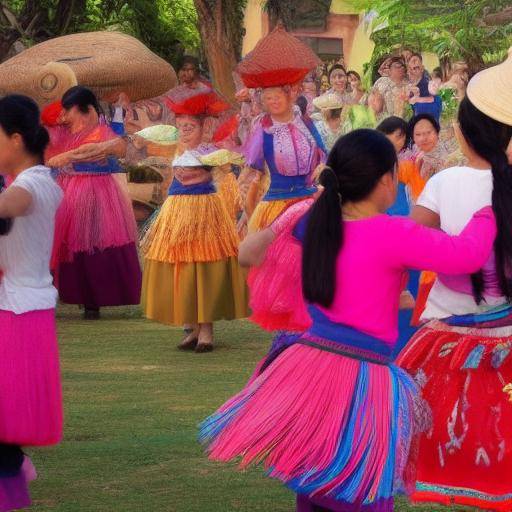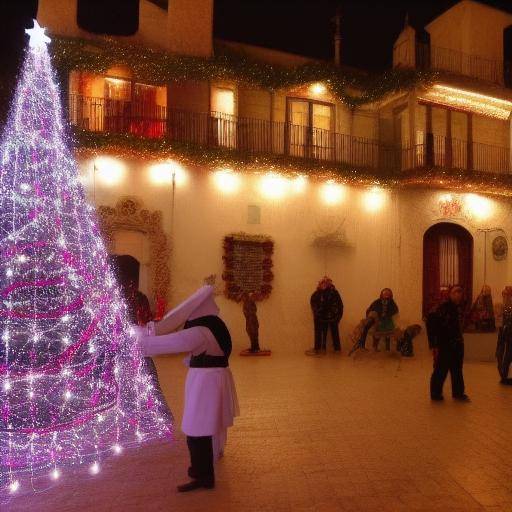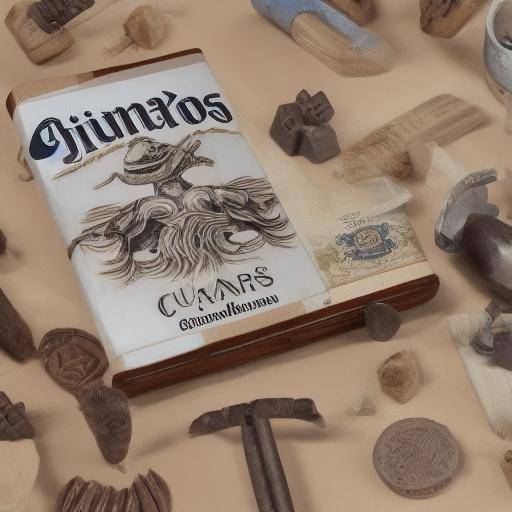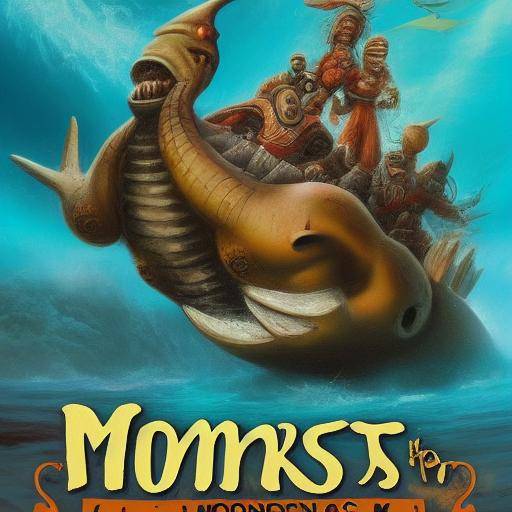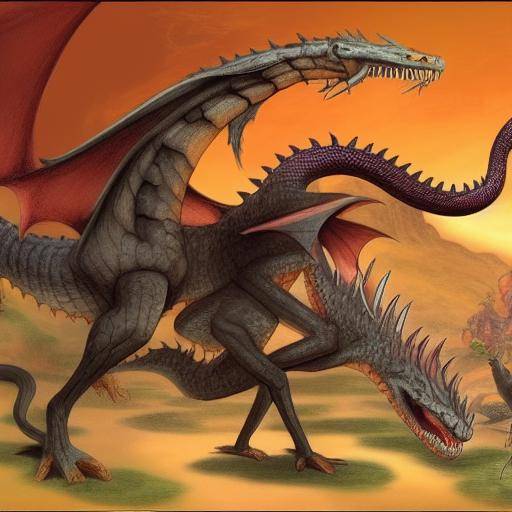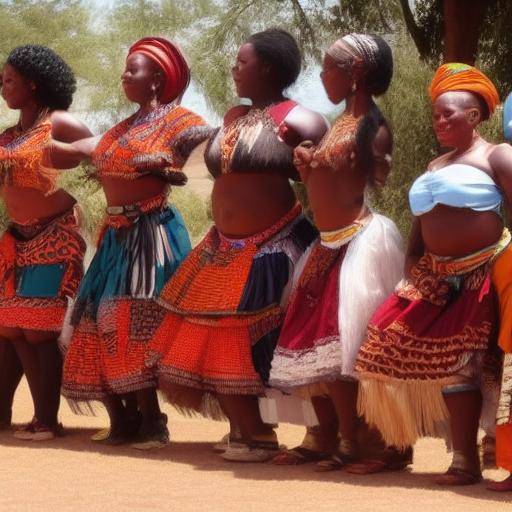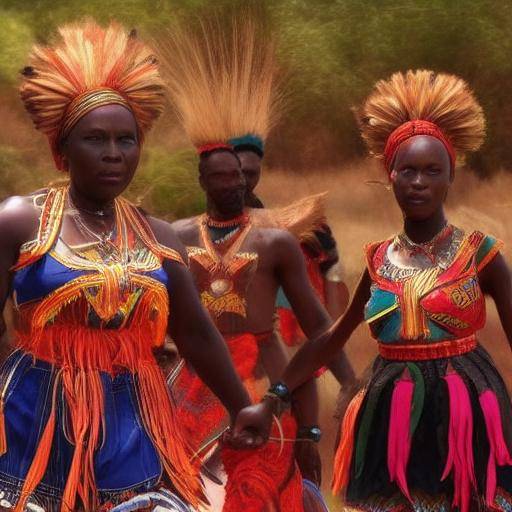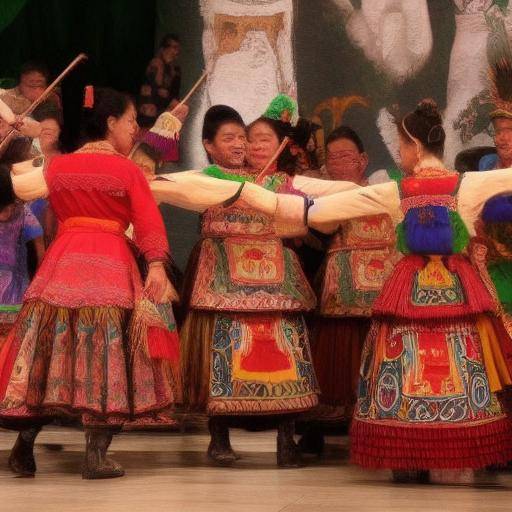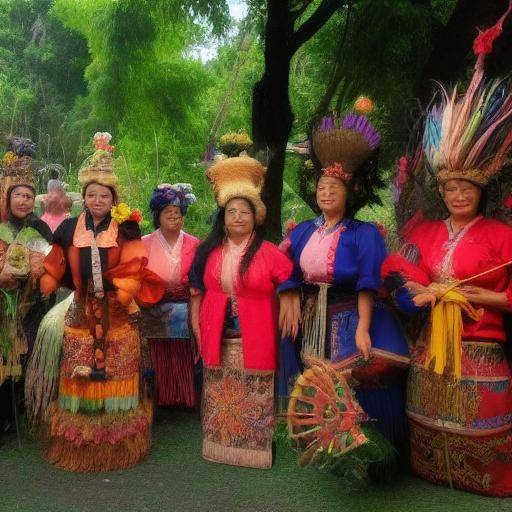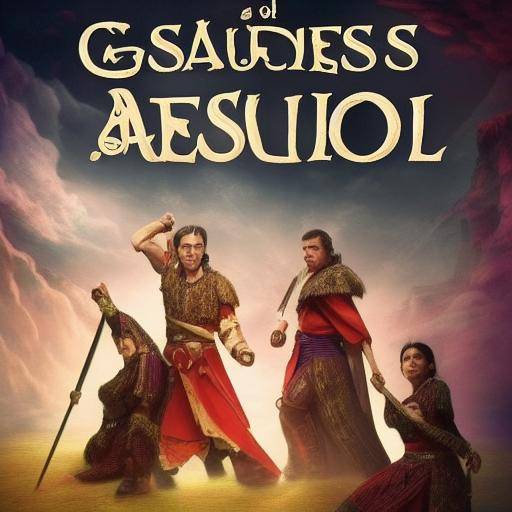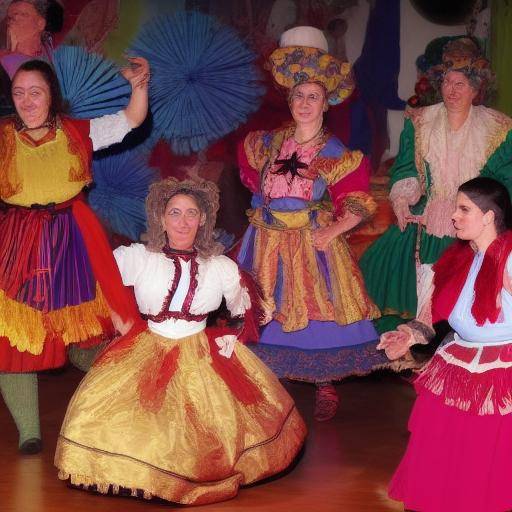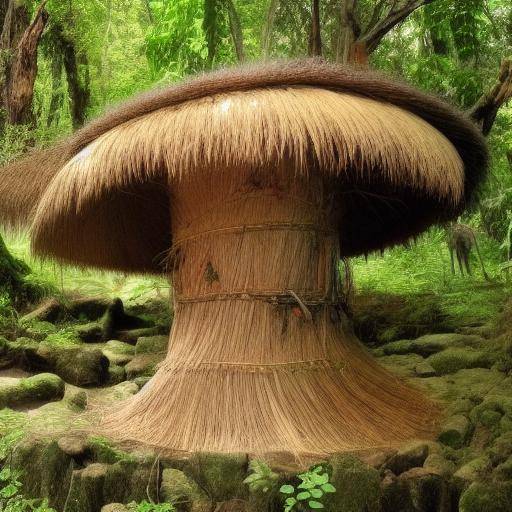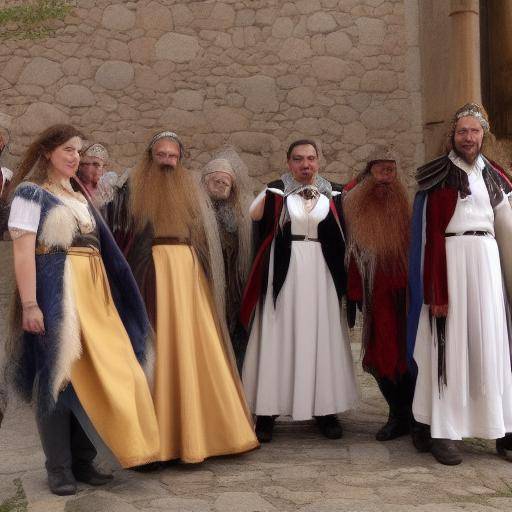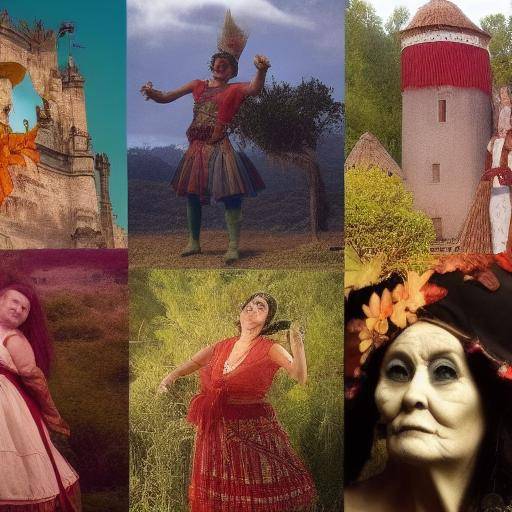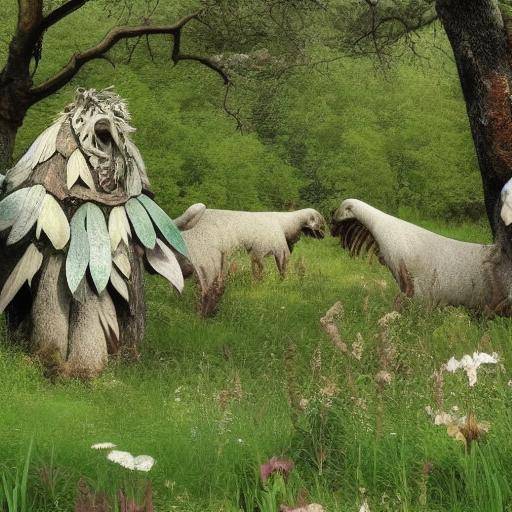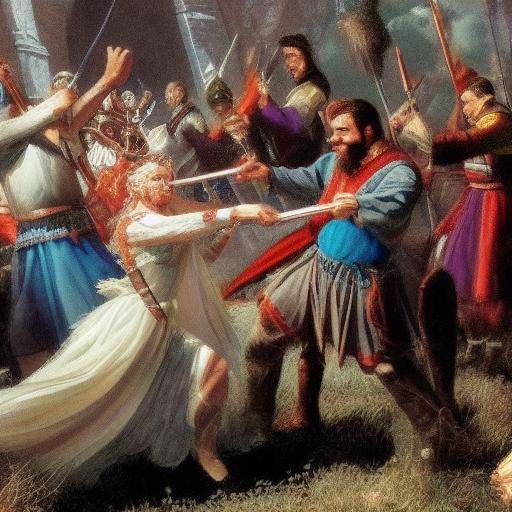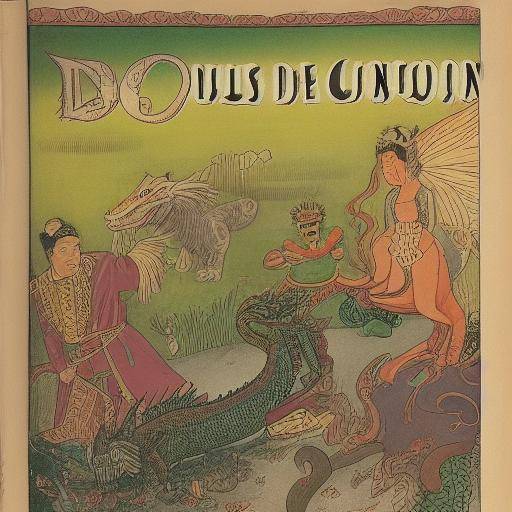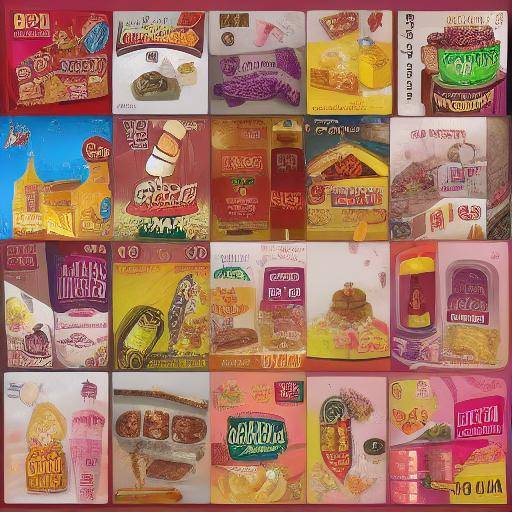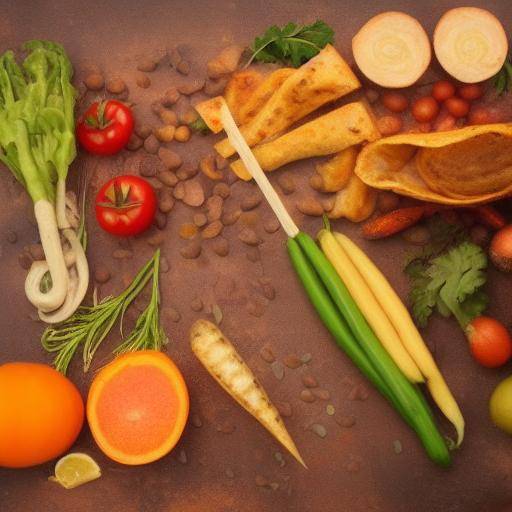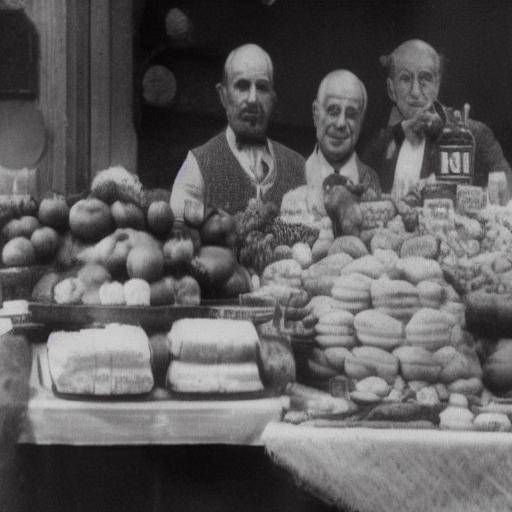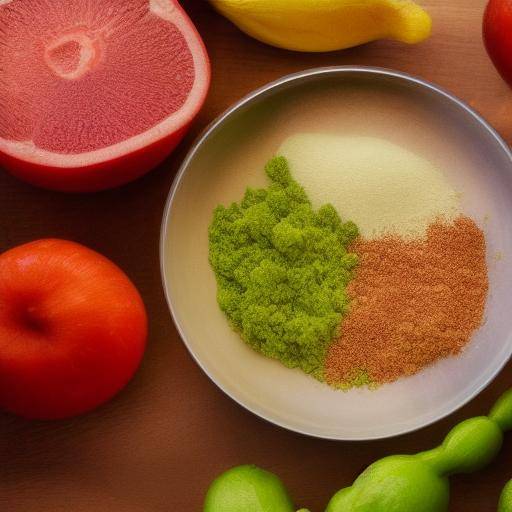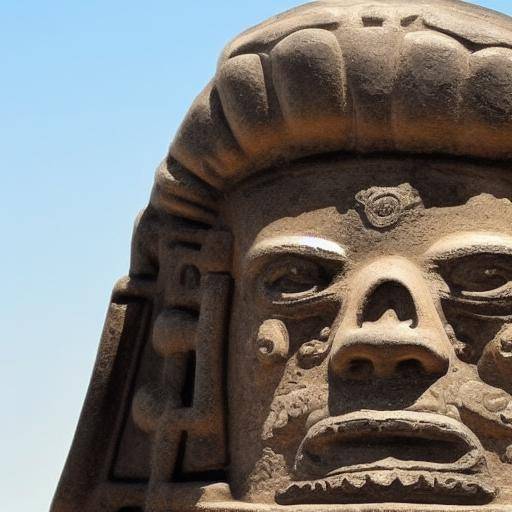
Introduction
The corn, known as the "gold of the Aztecs", is a fundamental food in Mexico's history and culture. Its origin is surrounded by myths and legends that reflect the importance this plant has had for pre-Hispanic civilizations. In this article, we will explore the fascinating origin of corn in Aztec mythology and the legends surrounding it, providing a deep and revealing vision of this sacred food.
Aztec myths and legends about the origin of corn
The Aztecs, one of the most advanced civilizations in Mesoamerica, revered corn as a gift of the gods, considering it vital for their subsistence and culture. The legend of the origin of corn tells that Quetzalcóatl, the feathered serpent, descended to the underworld to steal the corn from the dead gods and bring it back to humanity. This symbolic act marked the beginning of agriculture and prosperity for the Aztecs.
Another Aztec legend tells how the gods Tonacatecuhtli and Xochiquetzal created the first man and woman from corn scrubs. This mythological narrative directly connects the human being with corn, establishing a profound spiritual and symbolic relationship.
History and evolution of corn
Corn, domesticated over 9,000 years ago in what is today Mexico, has suffered a process of continuous evolution that has shaped its genetic diversity and its cultural importance. Since its origin as a wild plant, corn has experienced multiple transformations and adaptations to become the priceless food source we know today.
The Aztecs, together with other Mesoamerican civilizations, developed advanced techniques of cultivation and selection of seeds that resulted in various varieties of corn with unique colors, textures and flavors. This ancestral legacy persists in the wealth of corn varieties that continue to be cultivated in Mexico and other parts of Latin America.
Maize in Aztec mythology and its cultural relevance
Aztec mythology frames corn as a divine element, closely linked to the creation of the world and human existence. The connection between the gods and corn was reflected in religious ceremonies and festivals celebrating their sowing, harvesting and consumption.
Corn was also an integral part of the daily life of the Aztecs, present in their food, medicine, art and rituals. The profound influence of corn in Aztec culture was manifested in its cosmovision, myths, poetry and art, revealing a unique symbiosis between the sacred and the everyday.
The importance of corn in Aztec food and economy
The corn represented the pillar of the Aztec diet, constituting the base of iconic dishes such as tortillas, tamales and atoles. Its gastronomic versatility and nutritional value made it a fundamental food to maintain the health and energy of the population.
In addition to its food value, corn played a crucial role in the Aztec economy, being used as an exchange and tribute unit. Its importance transcended the purely material, acquiring a symbolic and spiritual meaning that permeated all aspects of Aztec society.
Today's corn: Preserving the Aztec heritage
Despite the evolution of time and socio-economic transformations, corn remains a symbol of identity and cultural wealth in Mexico. The ancestral traditions related to the cultivation, preparation and consumption of corn persist in indigenous communities and in national gastronomy, acting as a tangible link to the legacy of Aztecs.
The resurgence of interest for indigenous food and sustainable agriculture has generated renewed recognition of corn as an invaluable heritage of Mexico. Local organizations and communities work actively in the preservation of native varieties of corn, promoting their cultivation in harmony with the environment and rescuing traditional agricultural techniques rooted in Aztec mythology.
Conclusion
Maize, with its deeply intertwined roots in Aztec mythology and ancestral legends, remains a fundamental pillar of Mexican identity. His legacy as a source of life, culture and tradition remains today, reminding us of the importance of honoring and preserving the teachings of ancient Mesoamerican civilizations.
FAQs
1. What is the importance of corn in Aztec mythology?
The corn occupied a central place in Aztec mythology, considered a gift from the gods and associated with the creation of the human being. His spiritual and symbolic relevance made him a sacred element present in ceremonies and festivals.
2. How did corn affect the Aztec economy?
Maize was not only the main food of the Aztecs, but also had a crucial role in their economy, being used as an exchange and tribute unit. Its value transcended the material, acquiring symbolic connotations in the Aztec society.
3. What legacy did the Aztecs leave in corn farming?
The Aztecs developed advanced techniques of cultivation and selection of seeds that resulted in various varieties of corn with unique colors, textures and flavors, a legacy that lasts today.
4. How has the inheritance of corn been preserved in contemporary society?
Local organizations and communities work actively in the preservation of native varieties of corn, promoting their cultivation in harmony with the environment and rescuing traditional agricultural techniques rooted in Aztec mythology.
5. Why is corn considered an invaluable heritage of Mexico?
Corn represents an integral part of Mexico's identity and cultural wealth, symbolizing a tangible connection to the legacy of the Aztecs and acting as a fundamental pillar in the preservation of ancestral traditions.
6. How has corn consumption evolved in contemporary society?
Maize continues to play a central role in Mexican diet and gastronomy, adapting to current trends in healthy and sustainable food, while the ancestral culinary traditions linked to Aztec mythology remain alive.
With the richness of its myths and legends, corn remains a symbol of cultural identity and an ancient treasure that transcends time, reminding us of the importance of honoring and preserving the teachings of ancient Mesoamerican civilizations. The legacy of the Aztecs persists in the field of corn that waves to the wind, in the aroma of freshly cooked tortillas and in the very soul of Mexico.

